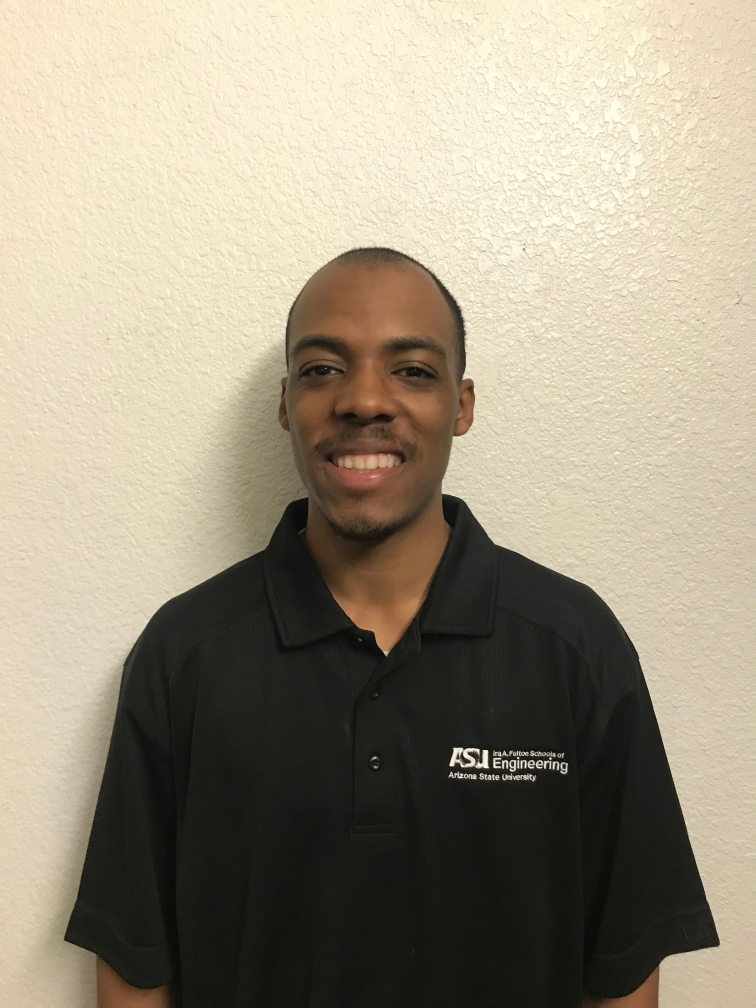Donate!
Please help us on our journey to raise $100 million!
 “Not only were Mr. Huynh’s math classes challenging, they were some of the best hours I have ever spent in a classroom for many reasons outside of the course given. The lessons and motivational quotes that Mr.Huynh had put up for the class to read and discuss were inspirational and encouraging. It gave the class something to look forward to, rather than just another “math lecture.” Yes, I and others came to learn and be studious in our studies, but the class was more than a class. We were like a family, and Mr. Huynh was there to support us as students, which made the class a very interesting and fun environment to be apart of and around.
“Not only were Mr. Huynh’s math classes challenging, they were some of the best hours I have ever spent in a classroom for many reasons outside of the course given. The lessons and motivational quotes that Mr.Huynh had put up for the class to read and discuss were inspirational and encouraging. It gave the class something to look forward to, rather than just another “math lecture.” Yes, I and others came to learn and be studious in our studies, but the class was more than a class. We were like a family, and Mr. Huynh was there to support us as students, which made the class a very interesting and fun environment to be apart of and around.
Seventh and eighth grade were memorable.We hadQuestion Mondayswhere we could ask all sorts of questions. There were also fun field trips. Igot to present two projects at Sofia's Art Gallery which were pretty fascinating. I never thought that math would ever be this cool or how the math we did could be applied in real life.
One other thing I won't forget is the usage of motivational weekly quotes. The quotes were something I was looking forward to every week because it gave me a reason to stay on top of things and how I could apply the quotes to be a better student. My favorite quote that I remember was the "Play now and pay later. Or you could pay now (work hard) and play later." I never forgot that quote and that is what helped me make it to college.
Overall the class was more than just your average math class. In fact, the class was more than just math; we were a family on a mission!”
~ Ajani Sanders (former middle school student)

I have always believed that teaching math (or any subject) was secondary to other more important things in my class, such as character development andbuilding a community of learners. As mentioned in an earlier post, motivating students and building a community of learners is my priority; it’s just too challenging to force students who aren’t motivated or who feel isolated to learn.
Two activities I used in class to motivate and help students feel comfortable were allowing students to ask questions (almost any questions) and motivational quotes.
Mondays were known as Question Mondays in my classes. Students were encouraged to ask questions about anything. It could be about the class, the school, or life.It allowed students to question anything that intrigued them (appropriate for a school setting). It often got other students who didn’t have questions curious about things. When you start a week allowing students to be curious, you’re setting the tone of the week; teaching is easier when students are already in the right mindset.
In addition, each week I posted a quote from famous people, my parents, friends, speakers, or from books to help motivate students. We spent time talking about the Quote of the Week. I told them what it meant to me, and I asked them what it meantthem? They could also comment on it at any time throughout the week. This was both inspirational and motivating for my students. I don’t need to personally motivate my students; I let others help me do it through their words.
When we come together to talk and discuss things, the open line of communication helps to build understanding and develop relationships. Ajani mentioned the word family a few times. That is exactly how I like the students in my classrooms to feel. Healthy families have wonderful dynamics—they help and support one another. And when it comes to trying to get everyone to move together through a math unit, there are no better ways than allowing that dynamic to play out!
I spend about 20-25% of my class time focusing on motivation and community building instead of the intended curriculum. The irony is that I finish the entire curriculum three-quarters way through the year while most teachers are struggling to finish the same material during the last few weeks of school.
Academy of the Renaissance believes that a holistic approach to education is important. Humanists during the Renaissance Era believed that teaching young adults to develop moral characteristics and to be civic minded were as equally important as math, science and the arts. If students are to become productive citizens and value their communities, then they must develop the critical thinking skills to ask the right questions anddevelop humane strategies to answer those questions.
Teachers are not just required to know their subject area well; they also need to be able to help students develop into young adults by giving them a voice, allowing them to question, motivating them through different means, and develop a community of learners who value one another. We hope the results will be many generations of students who will help solve some of our toughest problems, both locally and worldwide.

